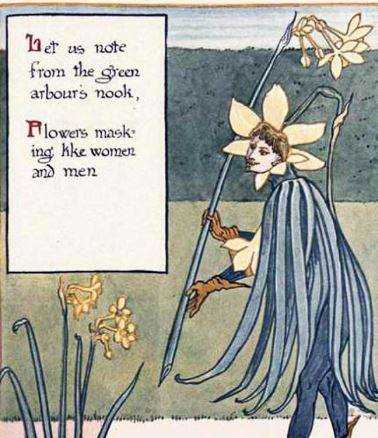
A conceit is a fantastic metaphor, mainly a fantastically tricky or extended metaphor wherein a not likely, a long way-fetched, or strained comparison is made among two different things. A well-known instance comes from John Donne's poem, "A Valediction: Forbidding Mourning," wherein enthusiasts are in comparison to contrary factors of a compass needle using a long and complex metaphor.
In classical poetry, there are two classes of conceit: Petrarchan conceits and metaphysical conceits. Petrarchan conceits are a fixture of the Petrarchan sonnet, while metaphysical conceits may be discovered in a school of poetry called metaphysical poetry.
Because of overuse and a lack of innovation, conceits through the years received a slightly bad connotation of being pressured or strained. However, that doesn't mean all conceits are strained. Some are truly fanciful or complex and are "pulled off" by means of the author quite well.